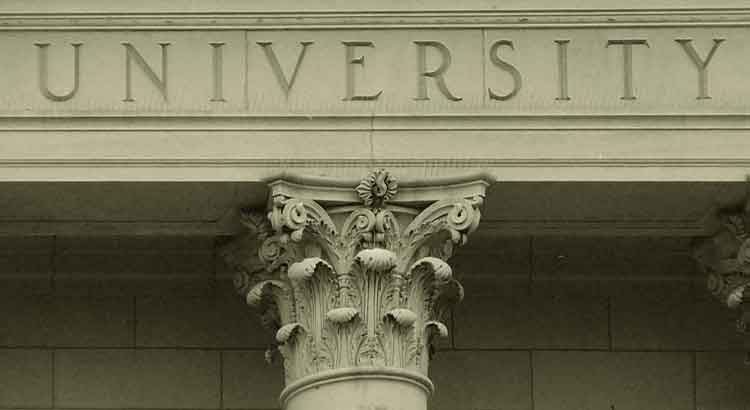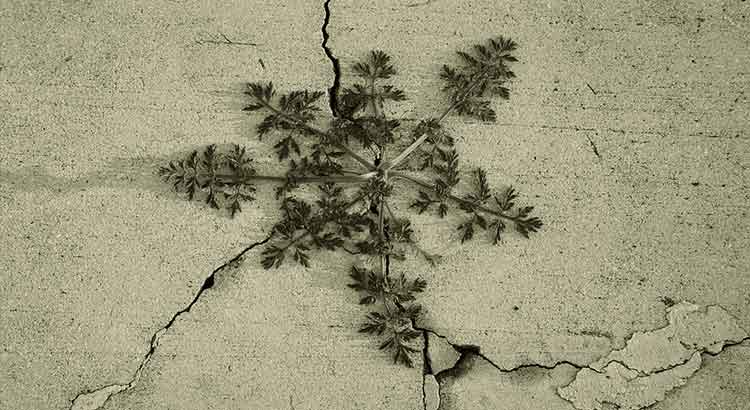An ordinary person does not kill himself because of a mathematical problem, nor because he misunderstands thermodynamics. Maybe a physicist does, provided that such a problem, for him, takes on an existential dimension. But the common person, just like the physicist, kills himself after a great financial or affective loss, or after a romantic disappointment. We can see, here, a common trait between both, or a problem that affects both. This problem, exposed in the most varied ways, is the central problem of human existence. And I have to notice, among all the most brilliant minds in history, my predilection for those who were able to see it.
Tag: philosophy
Attraction and Repulsion
I feel, in equal intensity, attraction and repulsion for the academy. It is certainly no place for my species. But I am impressed by the number of brilliant minds that end up being lost in exchange for “integration”. Conventions, protocols, hierarchies… all of this undermining, stifling creativity, in an environment where the possible prize seems to be limited to recognition. To base a life’s work on the hope of applause? a better position, perhaps? It seems fragile. In the end, this path leads to tremendous frustration.
Success Is the Ruin of the Artist
Cioran summarized: “Mourir inconnu, c’est peut-être cela la grâce”. Voltaire had already concluded: “Vivre et mourir inconnu”. Valéry, in the same vein, notes that “peut-être, si les grands hommes étaient aussi conscients qu’ils sont grands, il n’y aurait pas des grands hommes pour soi-même”. What to say? Success is a burier. It is perhaps the greatest misfortune that can befall an artist; it is the harbinger of ruin. Success takes away from him the fruitful bitter nights, the terrible and wonderful questioning about his own talent. Success robs him of loneliness and deludes, throwing sand in the inner fire that incites him to study, to continuous evolution, to the improvement of technique, to the need for a fuller expression. Worse, much worse. Success opens up “possibilities” and imposes a “new function” on the artist. This, in fact, is death to him.
There Is Only Humility in Silence
There is humility only in silence, in abstention, in the refusal of potentialities. A conviction, when externalized, is also a judgment of one’s own mental faculty. Only seeks to convince the one who holds himself in high esteem. A human being confesses a crime, but is unable to admit, by silence, the weakness of the intellect. Therefore, loquacity is the most evident sign of little wisdom.



